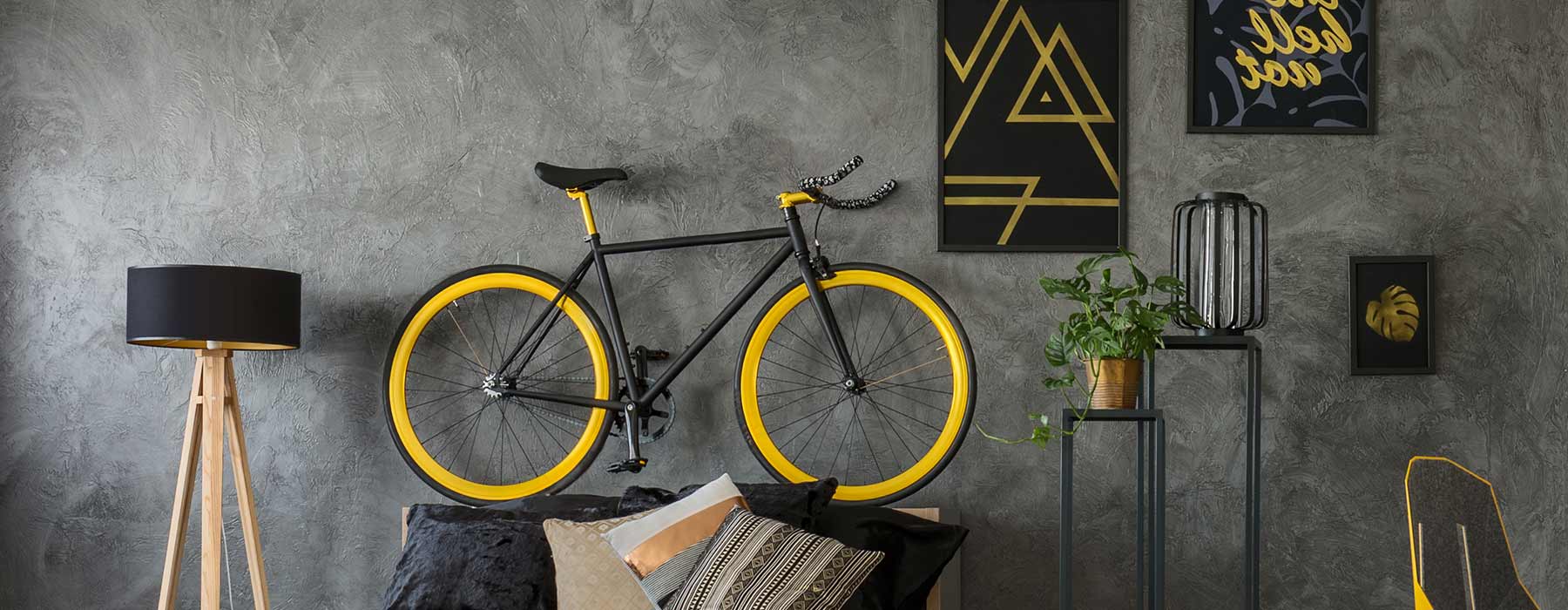16 Abr Led Bulb Manufacturing and Buy Back Agreement
LED bulb manufacturing and buyback agreements are becoming increasingly popular as more and more consumers look for sustainable and energy-efficient lighting options. In this article, we will explore what LED bulbs are, how they are manufactured and used, and the benefits of a buyback agreement.
LED bulbs are light-emitting diodes that convert electrical energy into light, making them an excellent alternative to traditional incandescent and fluorescent bulbs. LED bulbs are more energy-efficient, have a longer lifespan, and produce less heat than traditional bulbs, making them a popular choice for both residential and commercial lighting.
The manufacturing process for LED bulbs typically involves assembling the various LED components and connecting them to a circuit board. Once the LEDs are assembled, they are placed in a plastic or glass housing and wired to a power source. LED bulbs come in a variety of shapes and sizes, making them a versatile option for any lighting application.
One of the primary advantages of LED bulbs is their longevity; they typically last up to 50,000 hours or more, depending on the quality of the bulb. This is in stark contrast to traditional incandescent bulbs, which typically only last around 1,000 hours.
Another benefit of LED bulbs is their energy efficiency. LED bulbs use up to 75% less energy than traditional bulbs, making them an excellent choice for reducing energy costs and creating a more sustainable living environment.
Buyback agreements can be an attractive option for those looking to reduce their environmental footprint and lower their energy costs. A buyback agreement is a program where the manufacturer or retailer of LED bulbs offers to buy back used bulbs from consumers for a set price. The used bulbs are then recycled or refurbished, and the consumer can purchase new LED bulbs at a discounted price.
Buyback agreements can benefit both the manufacturer and consumer by reducing the cost of new LED bulbs and promoting sustainability through recycling. Additionally, the consumer can receive cashback or credit towards the purchase of new LED bulbs, making it a financially sound investment.
In conclusion, LED bulbs are an excellent alternative to traditional bulbs due to their energy efficiency, longevity, and versatility. Buyback agreements can further enhance the benefits of LED bulbs by promoting sustainability through recycling and reducing the cost of new bulbs for consumers. As the world seeks to become more energy-efficient and sustainable, LED bulbs and buyback agreements will continue to play an essential role in creating a better future for all.


Sorry, the comment form is closed at this time.